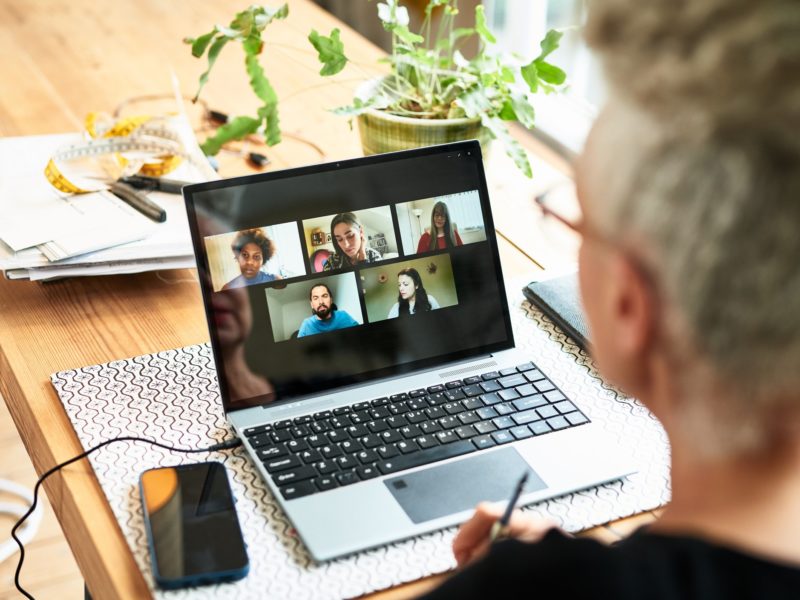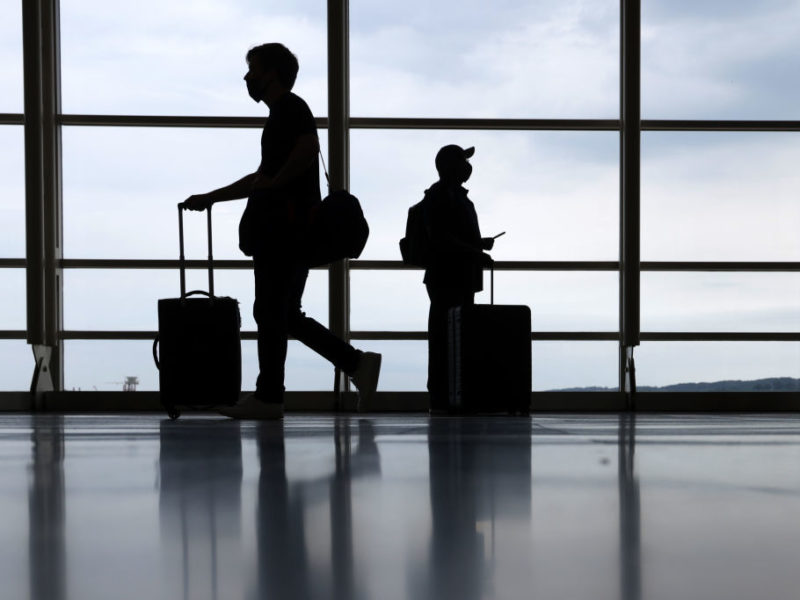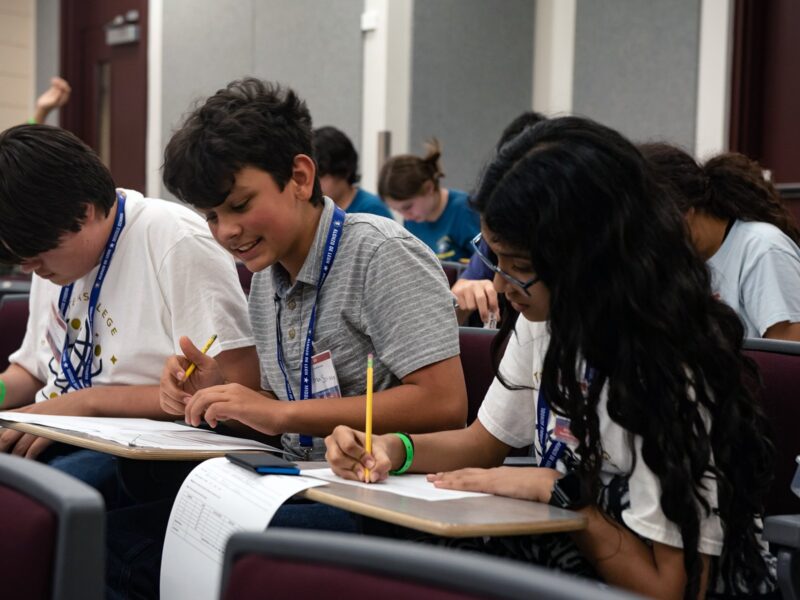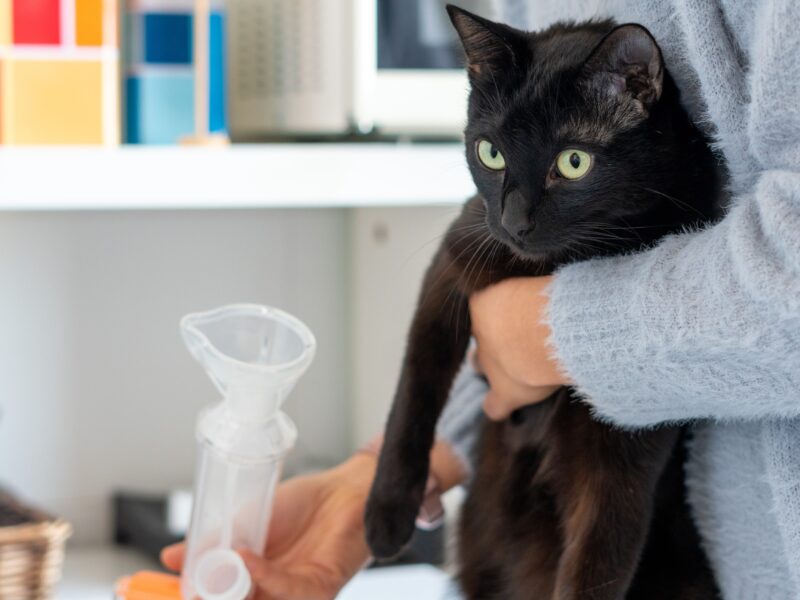Women, Older Adults With College Degrees More Likely To Feel Isolated During Pandemic
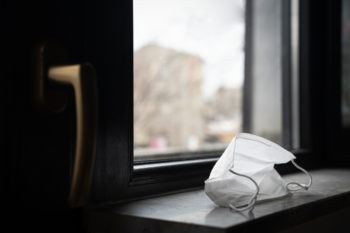
Over the past two years, public health organizations around the world have attempted to control the COVID-19 pandemic through various means. Social distancing, where people limit close contact with others outside of their households, is one of these methods. Limiting contact between people can decrease how much a disease can spread in a population; however, there can be drawbacks to distancing such as feelings of loneliness and social isolation. This can be especially true in older adults and other more vulnerable populations.
A new study in the journal Frontiers in Public Health looks at community-dwelling older adults during the COVID-19 pandemic to explore different factors related to feelings of social isolation, especially in Hispanic and African American communities. The researchers included lead author Omolola Adepoju, assistant professor at the University of Houston College of Medicine and a graduate of the Texas A&M University School of Public Health, Marcia Ory, Regents and Distinguished Professor at School of Public Health, and colleagues from the University of Houston, Texas A&M University, and Humana Inc.
The research team surveyed adults 55 years of age and older to measure COVID-19 prevention behaviors, pre-existing health conditions and feelings of loneliness and social isolation. The survey was completed by 575 older adults living in the Houston area between November 2020 and January 2021. In addition to survey questions about how often respondents felt isolated or lonely and whether respondents could get the help they need, data was collected on demographic factors like age, sex, race and ethnicity, education and income as well as information on social needs and medical conditions, including COVID-19 diagnosis. The researchers then analyzed the survey data to explore which of these factors may affect feelings of social isolation.
The respondents were quite diverse. Approximately half of the survey respondents identified as African American and nearly 40 percent reported Hispanic ethnicity. Nearly 20 percent reported having heart disease and 20 percent had diabetes. A majority of the respondents had a college degree or some college, with another 26 percent having a high school diploma or GED and 20 percent stating they did not have a high school diploma. The survey found that more than half of the respondents or their close family had been diagnosed as COVID-positive. Around 47 percent reported practicing social distancing and 10 percent stated they felt socially isolated.
An analysis of the data revealed that women and older adults with college degrees were more likely to report feeling socially isolated. No notable differences in the proportions of people reporting social isolation between racial and ethnic groups were found. However, different factors were associated with social isolation within different populations. For instance, gender, education and insurance status were associated with social isolation overall but showed no significant effect in African Americans. For African American and Hispanic respondents, unmet caregiving needs and following social distancing guidelines were most strongly associated with isolation. In addition, language differences were a factor in social isolation for some adults in Hispanic populations.
Adepoju underscores efforts to control the spread of COVID-19 through social distancing can have unintended effects on vulnerable populations.
“This highlights the importance of supporting people like older adults and people living with disabilities who may be more vulnerable to feelings of isolation,” Adepoju said. “However, differences between racial and ethnic groups demonstrate the need for culturally relevant interventions rather than a one-size-fits-all approach.”
For example, African American and Hispanic older adults may be more likely to rely on smaller community groups like religious organizations for social support, and adults with chronic medical conditions or extra caregiving needs could be more prone to feelings of social isolation.
The findings of this study may not apply to older adults in other areas as it was limited to the Houston metro area. Additionally, the findings may not apply to adults younger than 55 or to periods when disease transmission is lower.
“Despite these limitations, this study clarifies some of the factors involved in feelings of social isolation in older adults,” Ory said. “Social distancing efforts can reduce the spread of contagious diseases; however, it is important that public health officials consider how such interventions may adversely affect those groups most in need of protection.”
This article by Rae Lynn Mitchell originally appeared on Vital Record.

